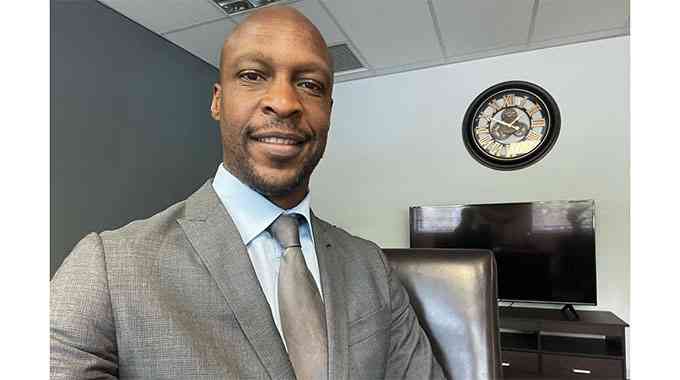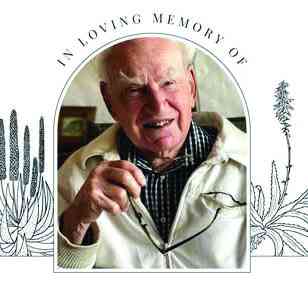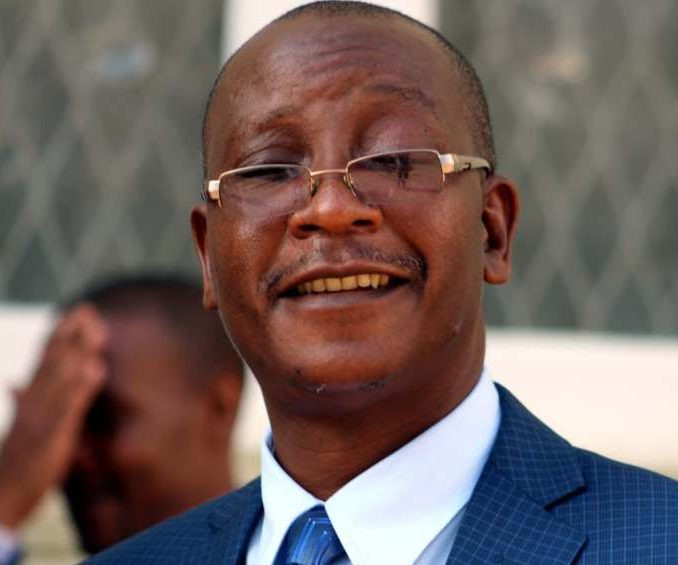
Dear Rutendo,
I hope this article finds you well. As promised in the previous submission, I will continue to explore human development scientific findings to help you understand the areas where you may be struggling. My goal is to encourage awareness and transformation, enabling you to become a more fulfilled and loving person.
It’s essential to recognise that loving others begins with self-love. The Bible emphasises this, stating, “Love your neighbour as you love yourself.” This implies that self-love is the foundation for loving others. Without it, we lack the template to genuinely care for others.
I want to emphasise that my intention is to support you in a spirit of love and brotherhood. I believe that by loving ourselves, we can learn to love others more deeply. In future episodes, we will delve deeper into this topic.
Today, I want to address a concerning issue regarding your words and actions, which seem to be undermining President Emmerson Mnangagwa’s efforts to address tribalism. I’m perplexed as to why your behaviour hasn’t been addressed, as it appears to be fuelling tribal unrest and divisions.
Recently, I learned that Higher Education deputy minister Simelisizwe Sibanda, was reinstated.
While he raised a legitimate concern, his approach was questionable, and Mnangagwa’s team likely felt it risked exacerbating tribal tensions. I sense that the president is concerned about tribalism, which is a positive step.
My concern though is that your words and actions seem more damaging than Sibanda’s. He was accused of humiliating a teacher for being assigned to teach students in a language she wasn’t fluent in.
- Red Cross partners govt on safety of learners
- West Property, Dr Ru throw lifeline to homeseekers
- West Property, Dr Ru throw lifeline to homeseekers
- Phreshy connects to youth through music
Keep Reading
In contrast, your behaviour appears more divisive and harmful, but nothing has been done to stop you.
I hope someone can explain why your actions haven’t been addressed, as they seem to be undoing the progress Mnangagwa seems to be wanting to make in tackling tribalism and the sensitive issue of Gukurahundi.
I understand that the incident involving the teacher and Sibanda was a complex and emotionally charged issue. I’m willing to give both parties some leeway, as the deputy minister was likely driven by strong emotions and a sense of justice, while the teacher was simply placed in a difficult situation beyond her control.
In such cases, empathy and understanding are essential for finding a resolution that works for all parties involved. Your actions, however, are not justifiable under any circumstances.
Rutendo, I strongly condemn your actions, which I believe are criminal, disrespectful, and unAfrican.
You are ridiculing and insulting the ancestors and forefathers of an entire tribe, showing a lack of manners and cultural sensitivity.
In most African cultures, elders and ancestors are revered and respected. I question your background and upbringing that allows you to disrespect others’ heritage so blatantly.
My concern is that your actions may spark tribal tensions and anger, leading to confrontations from those who deeply respect Lobengula and Mzilikazi as their ancestors. Emotive issues like these require careful handling and wisdom, which you seem to lack.
I recall the biblical story of King David standing up to Goliath for disrespecting the army of the living God. I won’t elaborate, but I urge you to exercise caution and respect when dealing with sensitive cultural and ancestral matters.
What concerns me most, Rutendo, is not only your disrespectful behaviour, but also the leadership’s silence, particularly Mnangagwa’s.
This is more alarming than Sibanda’s actions, as it risks dividing the nation along tribal lines. I’m worried that the president seems to be addressing other issues while letting your behaviour slide, even as elders are working to find common ground.
I acknowledge Mnangagwa’s efforts to address the Gukurahundi chapter, without questioning his motives. I hope that progressive individuals are watching closely, hoping for fair and just outcomes for the victims. This is a crucial exercise, Rutendo, and I wish you could understand its significance.
As this important programme unfolds, I’m dismayed to see you behaving like a child who doesn’t grasp its significance
You’re throwing obstacles into the works, and I’m left wondering why.
This reminds me of a childhood story of mine from my village.
When a son-in-law visited our family with sweets for us kids, and it was a big deal for us, but our parents had different priorities — respect and etiquette.
There was a clash of interests, much like now. I recall screaming with excitement, “Today we’ll feast on sweets!” and dancing around.
My mother gave me a stern look, warning me to behave. I had grabbed the sweets, but she told me to put them away. I froze, then retorted, “Even if you say I must put them away, we’ll still enjoy them today.”
Rutendo, I was a child, innocent and childlike, but you’re an adult behaving in a childish manner. It’s concerning that leadership is watching your antics without intervening, as you turn serious matters into a mockery.
In my childhood story, my mother stepped in, and I listened. She was concerned about adult issues like respect, etiquette, and the impression our behaviour would make on visitors. She taught me that our actions reflect on our family and values.
In contrast, your behaviour seems to be going unchecked, and that’s troubling. As an adult, it’s expected that you’ll handle serious matters with maturity and respect, not turn them into a spectacle.
Rutendo, I’m dismayed that you’re trivialising important adult issues, especially with the Sadc summit approaching and esteemed visitors expected in Zimbabwe.
Your behaviour is reminiscent of a kindergarten kid, not a mature adult. I was about to ask what’s wrong with you, but I recall that I already know.
It seems that you may have missed out on learning essential manners and social skills during your childhood, such as knowing what to say, when, and to whom.
It’s possible that you skipped crucial developmental stages or didn’t engage in enough playful learning, leading you to seek attention and playfulness now, even when seriousness is warranted.
Unfortunately, your actions are fanning divisions at a time when the country is working to address historical problems and prepare for important visitors.
Rutendo, I’m not aware of your position within your political party, but it’s clear that your actions are severely undermining two crucial initiatives: the Gugurahundi peace and justice talks and the upcoming Sadc summit that Zimbabwe is hosting.
I wanted to address these critical matters before delving deeper into what drives your behaviour and inflated ego.
In the next instalment, I’ll explore why your actions resemble those of Bigger Thomas from Richard Wright’s novel “Native Son” (1940). The book tells the story of a young African American man struggling with racism, violence, and identity in Chicago. His experiences and inner turmoil may shed light on your behaviour.
Until next week, Cde.
*Bhekilizwe Bernard Ndlovu is a human capital executive in Zimbabwe, specialising in human resources management, training, development, and transformation, behavioural change, applied drama, personal mastery, and mental fitness. He is also a PhD researcher at Wits University, investigating violent strikes in the South African workplace. With experience as an HR practitioner in Zimbabwe and operations roles in South African social marketing organisations, Ndlovu remains passionate about people affairs and performance management. Reach him at bhekilizweb.bn@gmail.com










